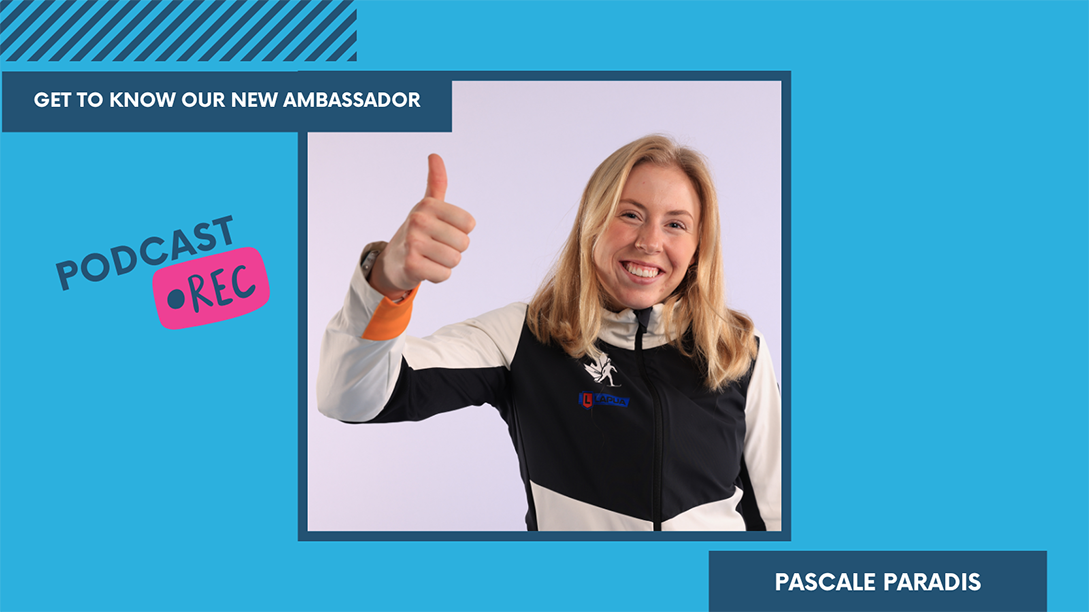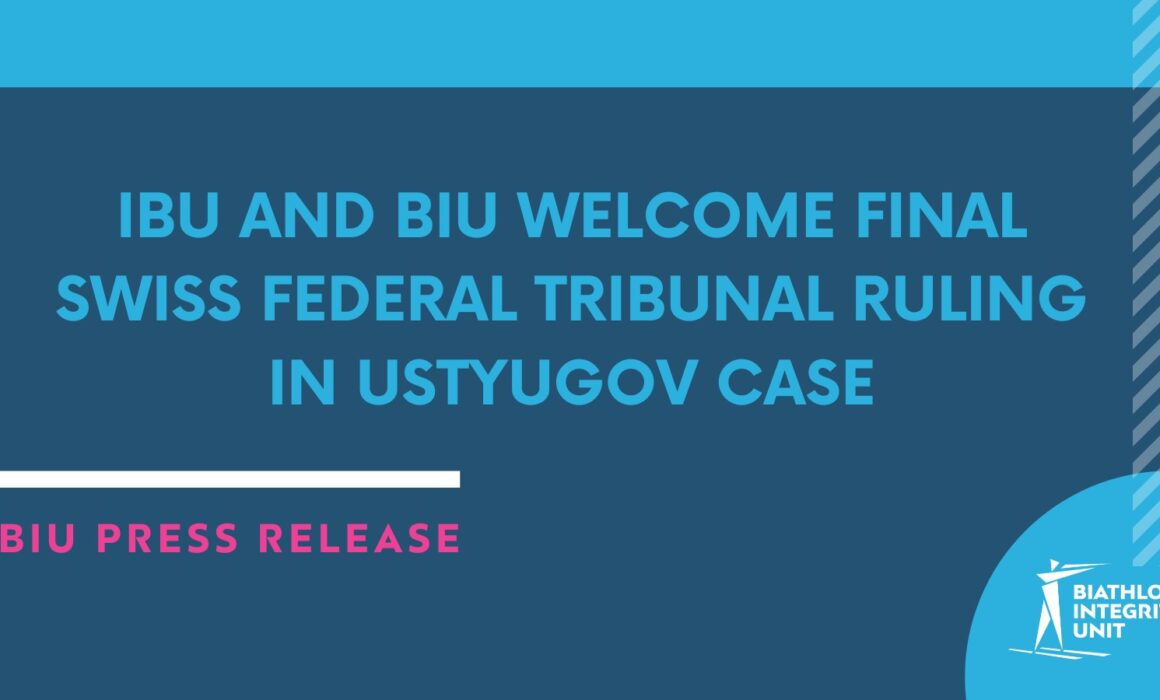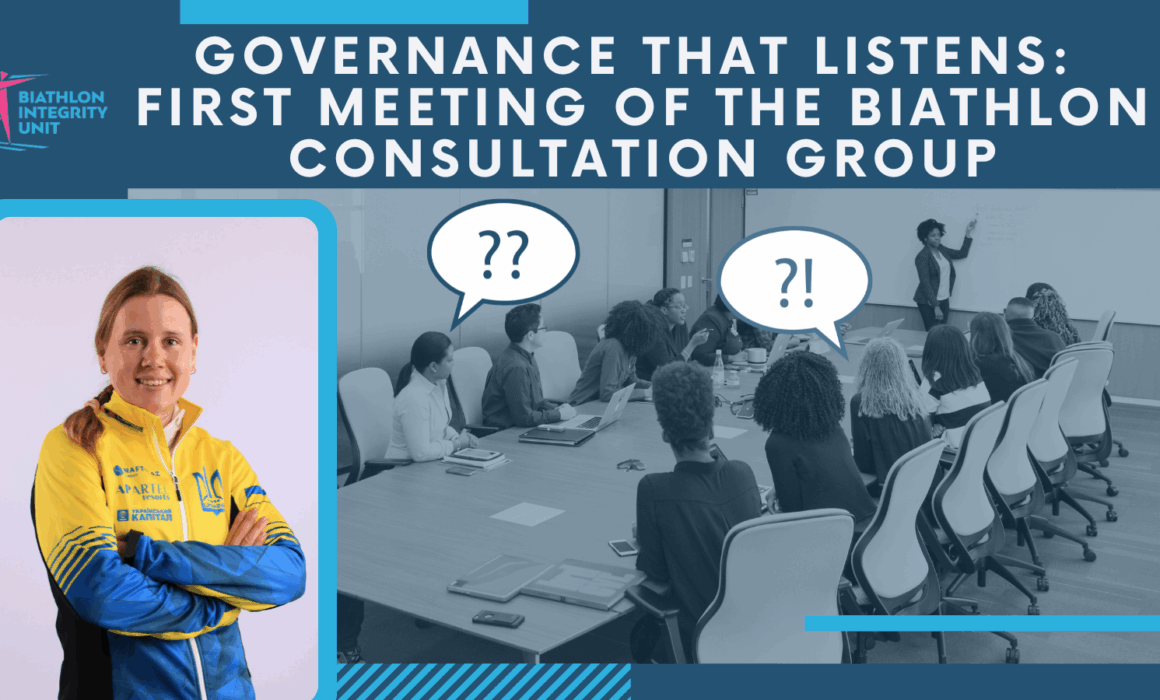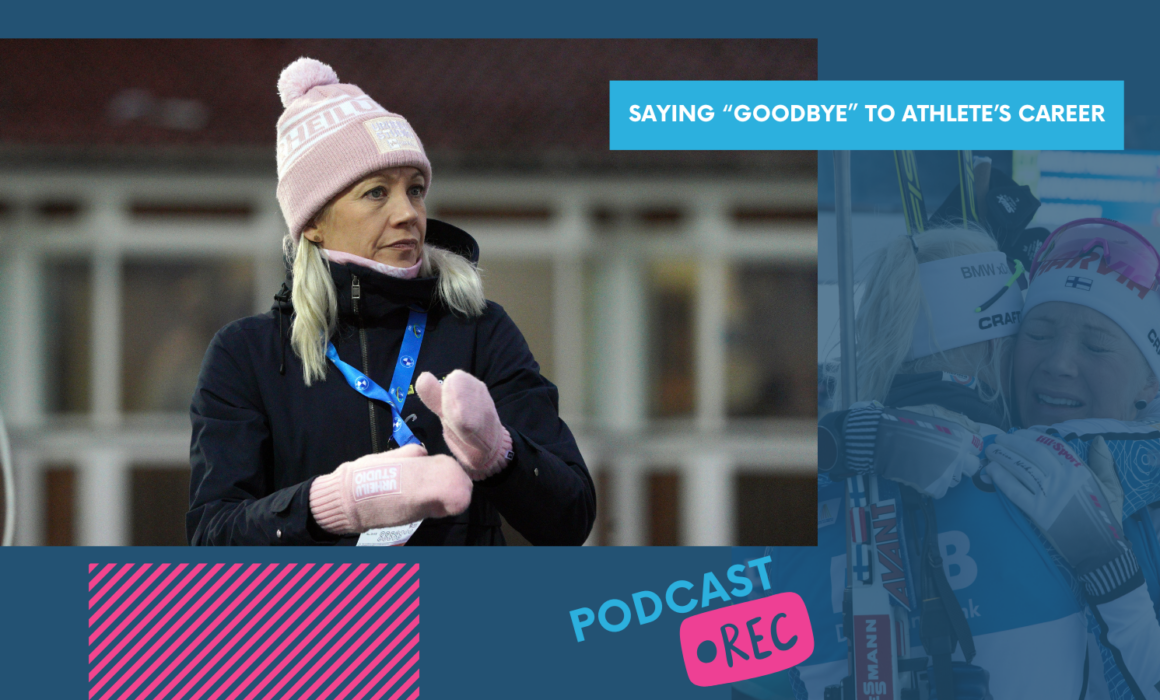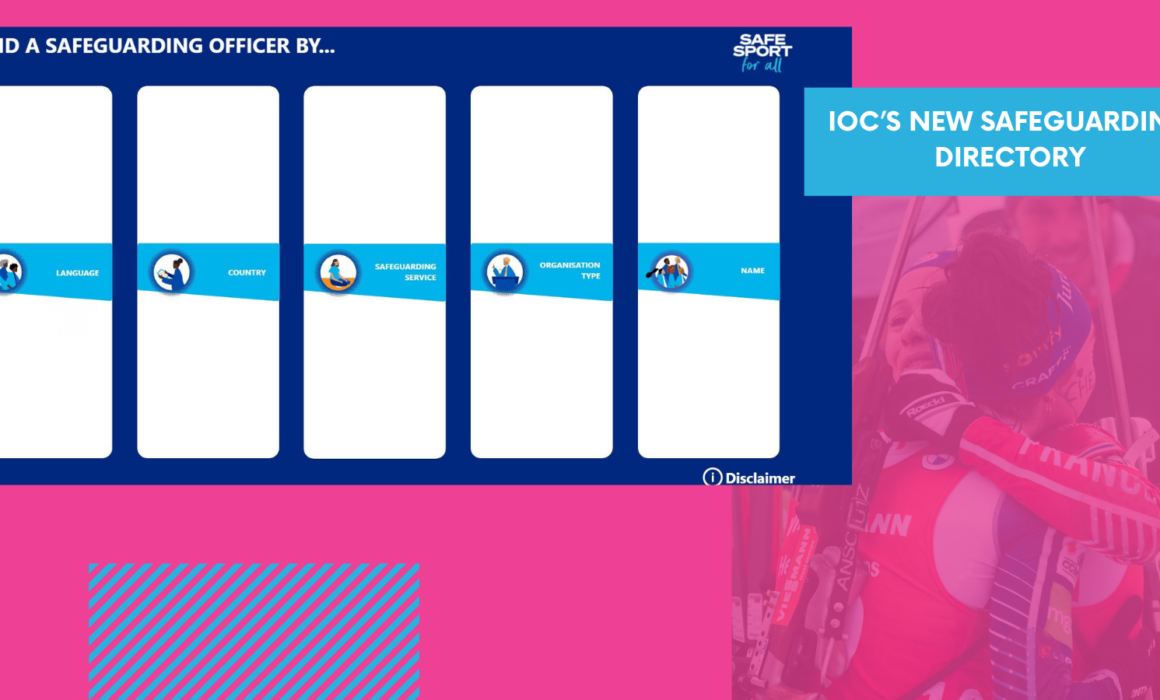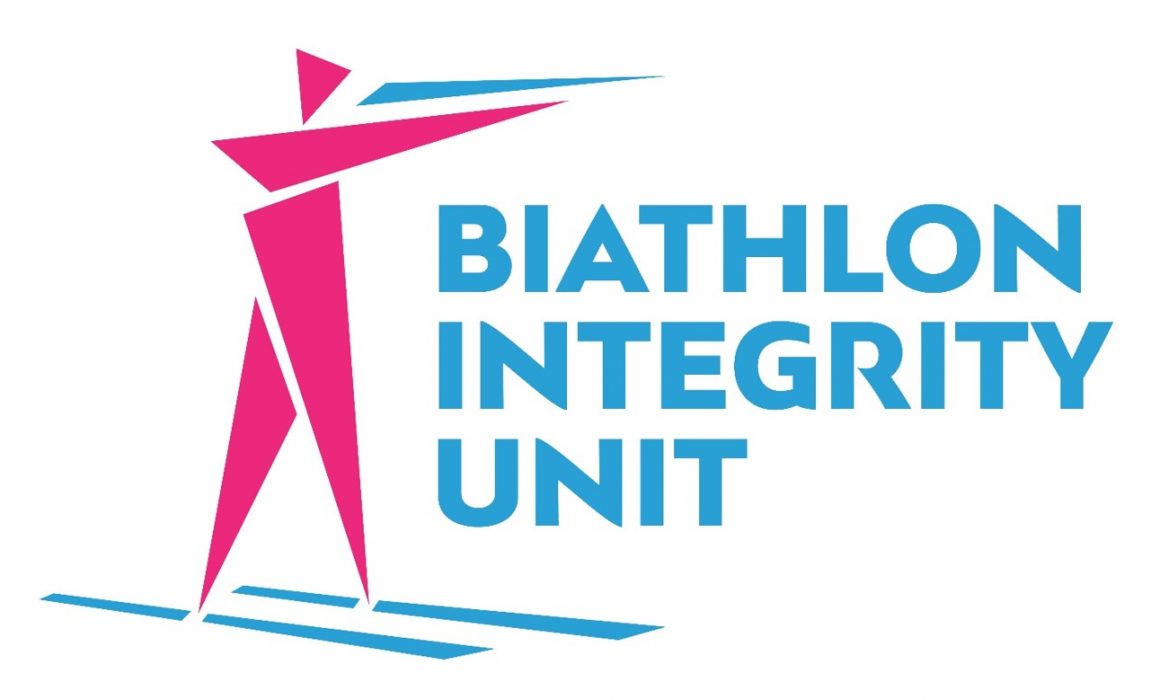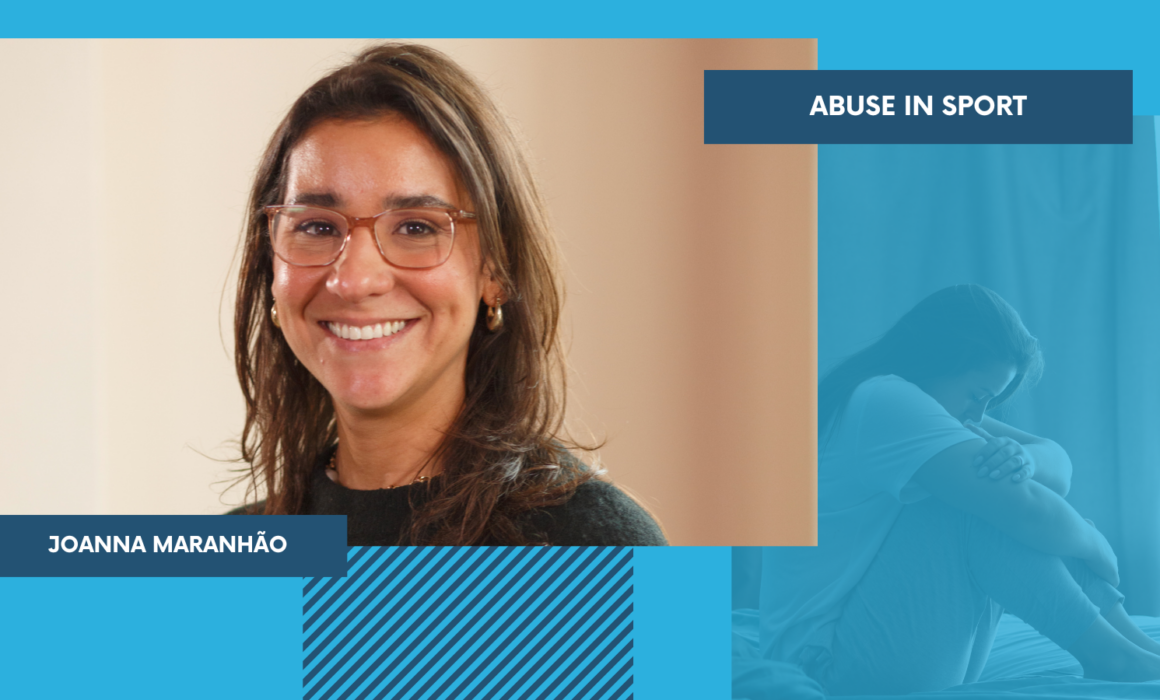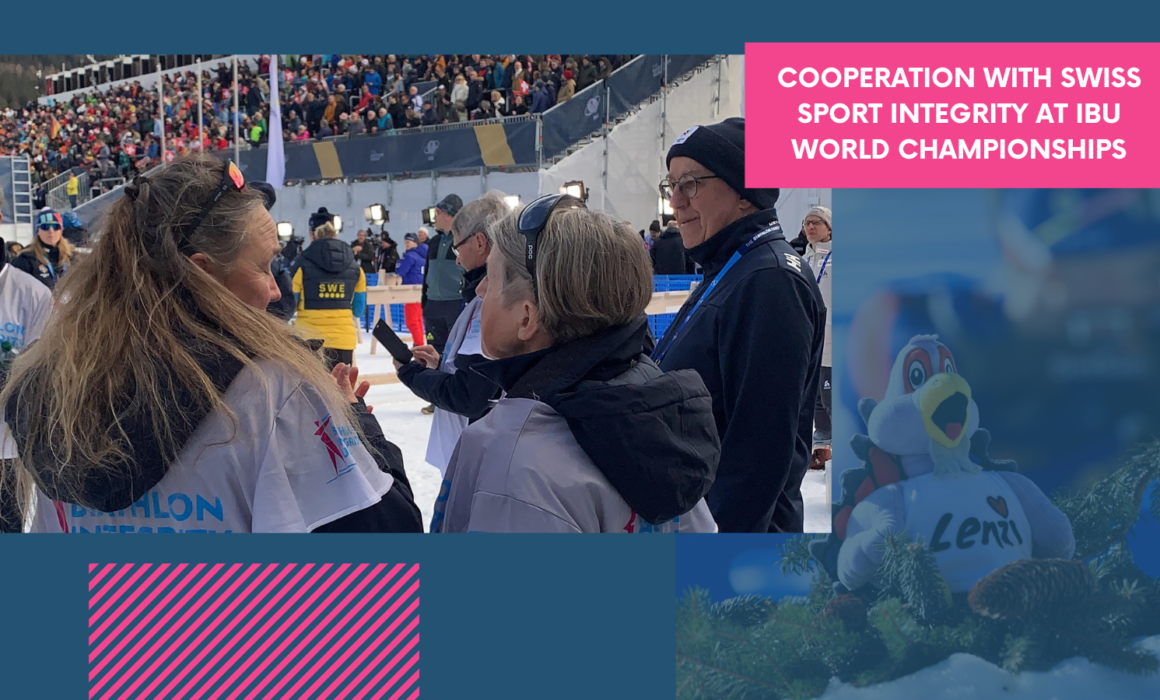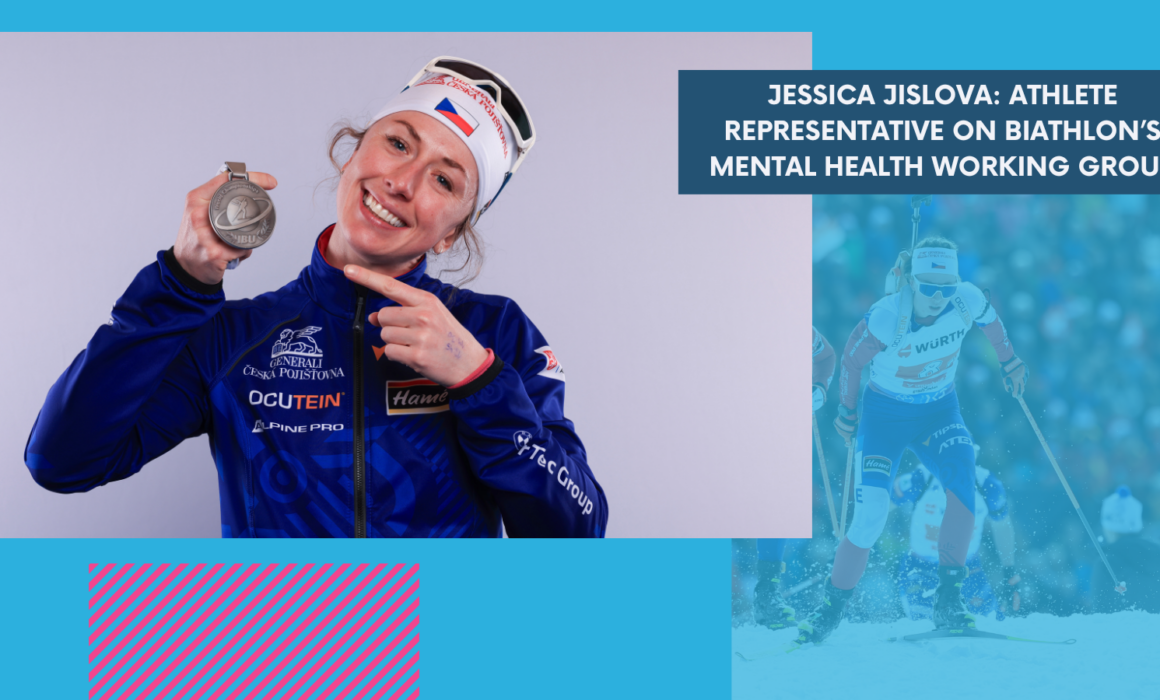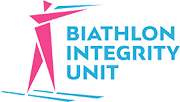IBU and BIU Welcome Final Swiss Federal Tribunal Ruling in Ustyugov Case
Salzburg, Austria – May 22, 2025 – The International Biathlon Union (IBU) and the Biathlon Integrity Unit (BIU) welcome the decision of the Swiss Federal Tribunal to reject the appeals of former Russian biathlete Evgeny Ustyugov. These final rulings uphold the previous decisions of the IBU Anti-Doping Hearing Panel and the Court of Arbitration for Sport (CAS), confirming sanctions for anti-doping rule violations.
Mr. Ustyugov was sanctioned based on abnormalities in his Athlete Biological Passport and evidence from the Moscow Laboratory Information Management System. The upheld decisions result in the disqualification of all his competitive results from January 24, 2010, through the end of the 2013/2014 season — explicitly including his results from the Vancouver 2010 and Sochi 2014 Olympic Games — and a four-year period of ineligibility.
The decisions of the Swiss Federal Tribunal represent the final instance of appeal. With this ruling, the verdicts of the IBU Anti-Doping Hearing Panel and the Court of Arbitration for Sport now become legally binding. It is now the responsibility of the International Olympic Committee (IOC) Executive Board to decide on the reallocation of medals from the 2010 and 2014 Olympic Winter Games.
Greg McKenna, Head of the BIU said:
“These decisions from the Swiss Federal Tribunal brings finality to a long-running case and stands as an important step in upholding clean sport. While we regret the time it has taken to reach this point, the ruling reinforces the principle that doping violations will be identified and sanctioned, however complex the process may be. We continue to encourage all institutions involved in sports arbitration to work towards more timely resolutions, so that the integrity of competition is preserved and clean athletes are protected.”
NF Governance Working Group
The first whole group meeting of the newly established Governance Consultation Working Group was held on 15th May 2025. The group has been created by the IBU and BIU to gain National Federation (NF) input and expertise for the Biathlon Governance Framework – a series of requirements for NFs to achieve high standards of governance across biathlon.
As part of this process, a group of highly experienced individuals has been brought together, with a focus on gaining different geographical NF perspectives. All NFs were invited to nominate members of the working group and provide their input. We are also delighted to have an athlete representative as part of the group to ensure that the athlete voice is heard.
The working group is formed of:
Anastasiya Merkushyna, Ukrainian biathlete and BIU Athlete Ambassador since 2021
Barbara Petrahn, Secretary General, Hungarian Ski Federation
Christian Scherer, Treasurer, IBU Executive Board; Secretary General, Austrian Ski Federation
David Windsor, Chairman, Biathlon Australia
Kalle Lähdesmäki, Former President, Finnish Biathlon Association
Mike Walker, Chair of Board of Directors, Biathlon Canada
The group has provided feedback on the BIU’s proposed governance requirements, offering valuable expertise about the realities of NFs. This feedback will be taken into account when finalising the Biathlon Governance Framework and will inform decisions about the project going forward. The group will continue its work over the next months to ensure NFs are represented in the Biathlon Governance Framework.
The importance of safeguarding for NFs
The importance of safeguarding for NFs
In our latest podcast interview, we spoke to safeguarding expert Nicola Bithell about the role of NFs in implementing safeguarding in sport.
Nicola is head of safeguarding at Accrington Stanley Women FC, which competes in English football’s North West Women’s Regional League, but the majority of her experience has been gained from her police career, in which she has led departments that investigated high-profile and position of trust abuse.
She also chairs multi-agency public protection arrangements managing high-risk perpetrators coming out of prison into the community.
Some members of the biathlon family might believe that the sport does not have a problem with abuse, but, referring to a recent survey of over 10,000 respondents from sports across a range of European countries, Nicola argued that no sport is immune.
Among other statistics, the survey found that in their sports:
· 65% of respondents had suffered psychological abuse
· 44% had suffered physical abuse
· 20% had suffered contact sexual abuse.
These figures are “absolutely startling,” Nicola said, going on to discuss what measures National Federations can and should take to ensure stamp out abuse – both for their own sakes and, more importantly, for the safety of their athletes.
To listen to the interview, click here.
Deciding to retire: what comes next?
Finland’s Kaisa Mäkäräinen is a former biathlon world champion and winner of three overall IBU World Cups, who retired from competing in 2020. How did she make the difficult decision to retire, and how has she navigated her post-competitive career? In our latest podcast interview, we spoke to Kaisa to find out
She had already been thinking of retirement for five years before she finally took the decision in 2020, she tells us. As an athlete competing for a relatively small biathlon nation, before each of those seasons she had to make a judgement about whether the ever-changing team around her was strong enough to help her achieve her goals.
In her last season, Kaisa’s decision to retire was actually hastened by the onset of the Covid-19 epidemic, which resulted in the cancellation of the last event of the season, meaning that she was suddenly faced with the reality that her last race was to be on the following day, instead of a week later, as she had expected and planned for.
Covid also meant that her post-competitive career plans had to go on hold. However, she had the foresight to found her own promotional company before retirement, and since then she has gradually built up a successful career as a sports media pundit and coach.
Kaisa’s message to biathletes considering retirement is summed up by advice she herself received: go on for as long as you have the passion – and then for one season more, so that you will know the time is right and will have no regrets!
For the full interview, click here.
The IOC’s new Safeguarding Directory
The IOC has launched a new, interactive Safeguarding Directory, a user-friendly tool designed to help athletes and their entourages quickly locate and connect with Safeguarding Officers from National Olympic Committees (NOCs), International Federations (IFs) and many other organisations worldwide.
Whether you have safeguarding questions, require safeguarding support or need to report a safeguarding concern, you can use the Directory to help find a safeguarding officer who will support you and address your specific needs.
The Safeguarding Directory includes information and contact details for over 130 certified safeguarding officers across the world, all of whom have successfully completed the IOC Certificate: Safeguarding Officer in Sport programme.
Using the Directory is easy. To find a safeguarding officer, select your language, country, safeguarding service, and organisation type or name, and then select the best option for you. Safeguarding officers who meet your criteria are then displayed together with their contact details.
The launch of the IOC’s Safeguarding Directory comes as the Biathlon Integrity Unit works to raise awareness of this important topic in the sport of biathlon, and to combat abuse in our sport.
Click here to find your nearest Safeguarding Officer.
Click here to report a safeguarding concern directly to the BIU.
Biathlon Integrity Unit Acknowledges CAS Decision in Case of Anders Besseberg
14 March 2025 – The Biathlon Integrity Unit (BIU) acknowledges the award issued by the Court of Arbitration for Sport (CAS) in the case concerning former International Biathlon Union (IBU) President, Anders Besseberg. The CAS ruling imposes a lifetime ban from all future elected or appointed positions within the sport due to severe breaches of integrity.
The ruling establishes that Mr Besseberg engaged in prolonged unethical conduct, including the receipt of inappropriate gifts and benefits, and the failure to prevent or challenge unethical practices. The CAS Panel found that:
• The IBU’s Integrity Code and disciplinary rules remained applicable to Mr Besseberg post-tenure, given his role as an organ of the IBU, thus allowing for the imposition of sanctions even after he left office.
• The charges concerning watches, hunting trips, and the provision of prostitution services were substantiated and constituted integrity breaches. The Panel confirmed that Mr Besseberg had accepted valuable watches and hunting trips, while the determining factor in the prostitution-related breaches was the direct link between Mr Besseberg’s use of these services with his official duties as IBU President.
• Mr Besseberg failed in his duty to intervene in unethical conduct, further breaching the integrity standards of the IBU.
Considering the seriousness of the violations and the lack of remorse shown by Mr Besseberg, the CAS Panel imposed a lifetime ban from all official biathlon roles.
The CAS ruling also highlights concerns over the fact that such unethical behaviour was allowed to persist for an extended period without intervention.
This underscores the importance of continued vigilance in safeguarding the integrity of the sport. While these failings occurred prior to recent governance reforms, the BIU now provides independent oversight and maintains strict integrity measures to prevent misconduct of this nature from recurring.
Greg McKenna, Head of the BIU, stated: “This decision sends a clear message that unethical behaviour at the highest levels of sport will not be tolerated. The BIU remains steadfast in its commitment to upholding the integrity of biathlon and ensuring that those in positions of authority are held to the highest ethical standards. We recognise the lessons from this case and working with the IBU, will continue to enhance governance mechanisms to prevent any recurrence of such conduct.”
The BIU reaffirms its mission to maintain the integrity of the sport and will work closely with the IBU and other stakeholders to further strengthen its governance framework.
For further information, please contact:
Biathlon Integrity Unit Email: [email protected]
Website: www.biathlonintegrity.com
Abuse in sport
In a podcast interview, we speak to abuse survivor Joanna Maranhão about safeguarding and about her own journey to become an advocate for victims of abuse in sport.
Joanna is a Brazilian Olympian who is now the coordinator of the Athletes Network for Safer Sports. As a professional swimmer, Joanna participated in four Olympic Games and won eight medals at the Pan American Games.
In our podcast, she describes how she became a victim of serious sexual abuse at the hands of her coach, aged just nine, and how it took her many years to shed her feelings of guilt and reveal what happened to her.
Joanna says she’s “lived the best and worst experiences of sport,” describing how she loved swimming and didn’t even mind having to get up at 4.30 in the morning to be in the pool for training at 5am.
However, this changed when a coach abused the trust she and her family had placed in him to severely sexually abuse her. She says: “Because I didn’t know about my rights, and because it is so hard for a nine-year-old to understand and verbalise that, I just kept it to myself.”
“There was a lot of confusion and blaming myself,” she says. It was only when she entered therapy as a professional swimmer and Olympian many years later that she felt able, for the first time, to confess what had happened to her.
Joanna has some great advice for other athletes who are being abused, or who suspect that a friend or team-mate is being abused, saying: “If you feel like the experience is uncomfortable for you, you have the right to speak up and say something” – albeit she acknowledges that this can be hard.
She also sends a message to sports governing bodies, saying: “We need to make sure that we protect survivors, but we need to make sure that we protect whistleblowers as well.”
After revealing her own history of abuse, Joanna led a campaign to expand Brazil’s statutes of limitation to allow survivors of child sexual abuse more time to report and seek justice, succeeding in establishing a new law, which bears her name (the Joanna Maranhão Law).
To listen to the podcast click here
BIU cooperates with Swiss Sport Integrity at IBU World Championships
The Biathlon Integrity Unit is cooperating with Swiss Sport Integrity (SSI) on anti-doping and integrity matters during the IBU World Championships presently under way in Lenzerheide, Switzerland.
The cooperation began in advance of the championships with a plan to implement and maintain a professional and effective anti-doping testing plan during the event. The two organisations have previously cooperated at a range of World Cup, European Championships and Junior World Championships events.
The present partnership involves collaboration between the BIU and SSI’s testing department as well as the intelligence and investigations departments.
On site, the cooperation covers:
· Planning and conducting anti-doping tests, both in-competition and out-of-competition
· Maintaining the highest international anti-doping standards
· Co-ordinating the provision of chaperones provided by the organising committee during tests
· Operating a state-of-the-art doping control station.
Greg McKenna, Head of the BIU, said: “It’s good to have such a professional partner to work with at the IBU World Championships. This is our sport’s flagship event, so it’s more important than ever that it is seen to be conducted fairly and with integrity.”
Ernst König, Director of SSI, said: “For years, this strong and successful partnership has been built on trust and confidence. It serves as an example of excellent collaboration between an International Federation and a National Anti-Doping Organization in the interests of clean sport.”
The IBU World Championships Lenzerheide 2025, which began on 12 February and run until 23 February, involve close to 300 athletes from 34 countries competing across 12 medal events in front of tens of thousands of passionate fans at Lenzerheide’s Roland Arena.
“Creating a better and safer environment”: the Mental Health Working Group
In our latest podcast interview, we spoke to Jessica Jislova, the athlete representative on biathlon’s new Mental Health Working Group (MHWG).
Jessica, a current athlete from Czechia, has just joined a line-up of experts on the panel, which is an initiative by the International Biathlon Union and Biathlon Integrity Unit aimed at prioritising mental health in athletes, coaches, and support staff.
In the interview, Jessica discusses her role on the working group, as well as wider questions about why the group is needed and what she hopes it will achieve.
As athlete representative, Jessica says she hopes she will be able to act as a ‘bridge’ between the group and current athletes, ensuring that athletes know that they are “not alone in their troubles”.
Jessica also discusses her own battle with overtraining, which left her unable to climb more than one flight of stairs without stopping for a rest, and how she overcame this debilitating condition.
Finally, she addresses the role of coaches and athlete support personnel in helping to maintain and improve athletes’ mental health.
To listen to the interview, click here.

